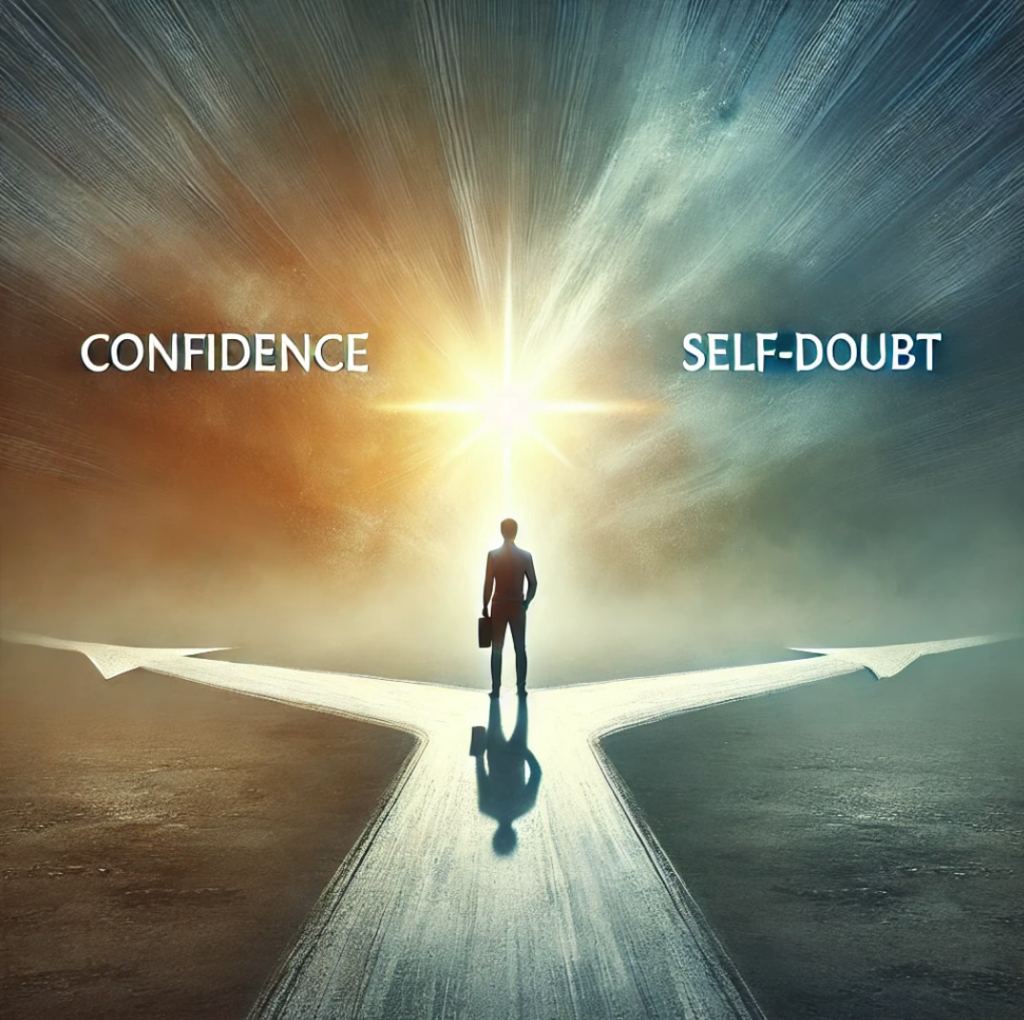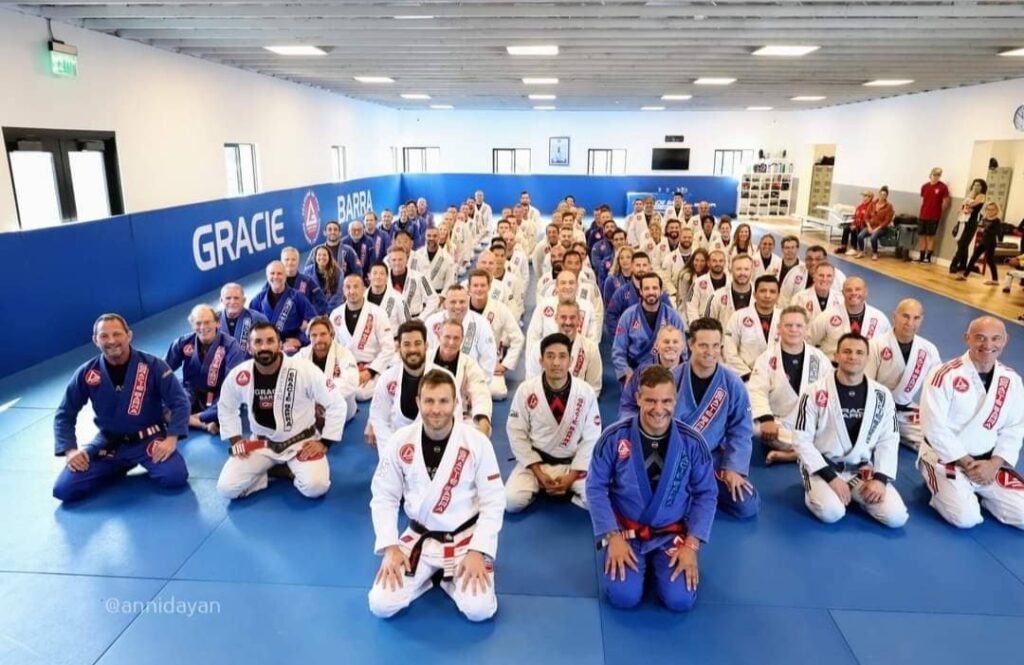The Hidden Dance Between Confidence and Self-Doubt
Most people believe confidence and self-doubt are polar opposites—one to be embraced, the other to be eliminated. But what if they were actually two sides of the same coin, each offering essential insights for personal and professional growth?
By using Deep MCT, a process of integrating polarities, we can shift our relationship with both confidence and self-doubt, allowing them to serve us rather than control us. Instead of being pulled in opposing directions, we can learn to navigate both states with clarity and wisdom.
The Illusion of Over-Identification with Self-Doubt
We all experience self-doubt—it’s an inevitable part of pushing our limits. The problem arises when we over-identify with it. When self-doubt defines us, it creates hesitation, second-guessing, and avoidance. But when we see it for what it is—a temporary visitor, not a permanent identity—we gain the freedom to act in spite of it.
Think about a time when you felt completely confident. What did it feel like? Where did it show up in your body? In my own experience, confidence isn’t about forcing belief—it’s about presence, trust, and surrendering to the structure and flow of the moment.
Now, contrast that with a moment of deep self-doubt. For me, this shows up in situations where I feel out of my depth, such as coaching wrestling. In those moments, my mind races, my body tightens, and fear takes hold. But when I consciously hold both experiences in awareness, I notice something fascinating: neither state is permanent.
Confidence and Self-Doubt as Invitations
The key isn’t to suppress self-doubt or chase confidence—it’s to recognize what each moment is inviting us into:
- Confidence invites humility and gratitude. When we’re in a state of knowing, we can trust ourselves without arrogance, understanding that this clarity isn’t about us—it’s about being in tune with the moment.
- Self-doubt invites kindness and patience. When we’re uncertain, it’s an opportunity to practice self-compassion. Instead of overcompensating or shutting down, we can acknowledge our limits without letting them define us.
This realization allows us to integrate both states into a unified approach to life and leadership.
From Overcompensation to Grounded Presence
For years, I felt the need to overcompensate in moments of self-doubt, offering more information, more strategies, more “helpful” advice—especially in situations where I felt less competent. But as I worked through Deep MCT, I saw something profound: my value isn’t in having all the answers.
Instead, my role—whether coaching clients, supporting athletes, or leading transformational work—is to be a strong, grounded presence. To trust that what I know in the moment is enough. To allow both confidence and self-doubt to exist without being consumed by either.
Achievement vs. Fulfillment: The Deeper Polarity
At its core, my struggle with confidence and self-doubt was pointing me toward an even deeper polarity—one that many high performers grapple with: the tension between drive and inner peace, between achievement and fulfillment.
- Achievement pulls us toward results, measurable success, and external validation.
- Fulfillment pulls us toward meaning, presence, and the deeper satisfaction of simply being.
Both are valuable. The challenge is integrating them in a way that allows us to pursue goals without losing ourselves in the chase.
Embracing the Full Spectrum of Experience
So, what does this look like in practice? It means showing up fully, even when self-doubt whispers in the background. It means allowing confidence to guide us while remaining open to learning and growth. It means trusting that we don’t need to have all the answers—we just need to be present and engaged in the process.
Next time you find yourself caught in self-doubt, try this: instead of fighting it or overcompensating, simply acknowledge it. See it as part of the experience, not a barrier to it. And remember—confidence and self-doubt are not enemies. They are invitations to a more integrated way of being.
Call to Action
If this resonates with you and you want to explore how to integrate confidence and self-doubt in your own life, I invite you to schedule a discovery call. Let’s uncover how you can navigate these polarities with greater ease, clarity, and power.
Click here to book a session and take the next step in your journey.





